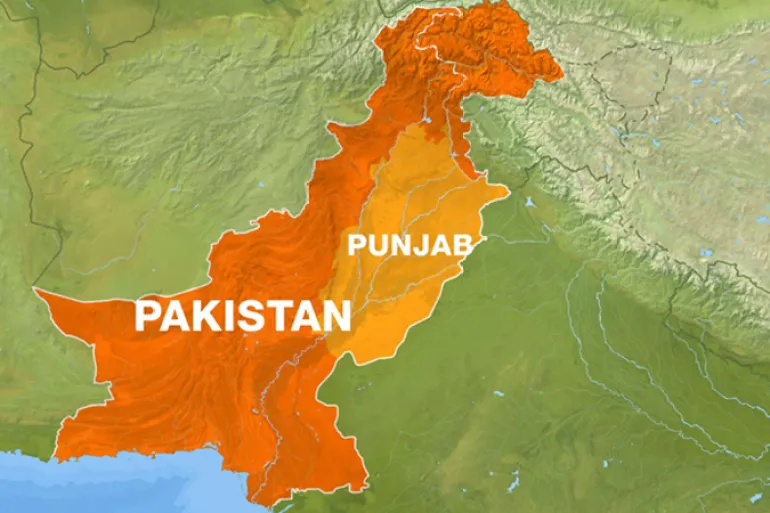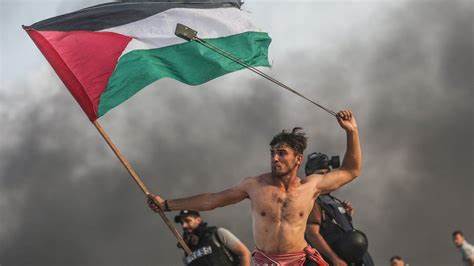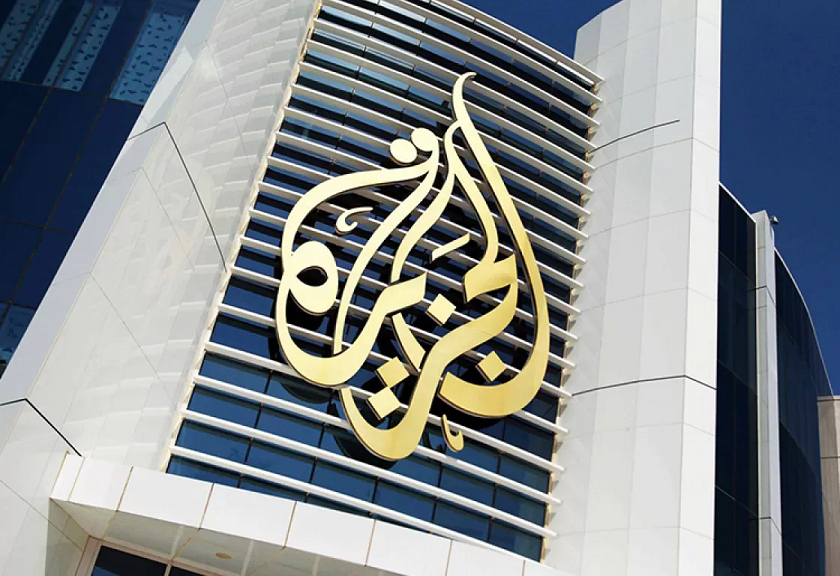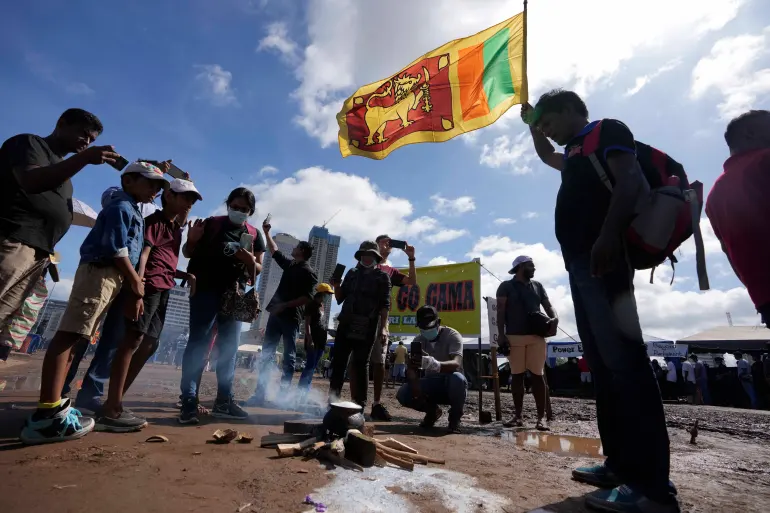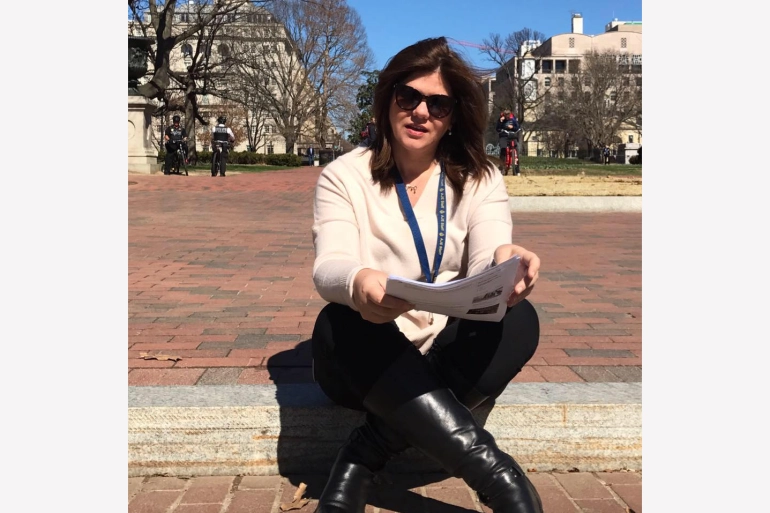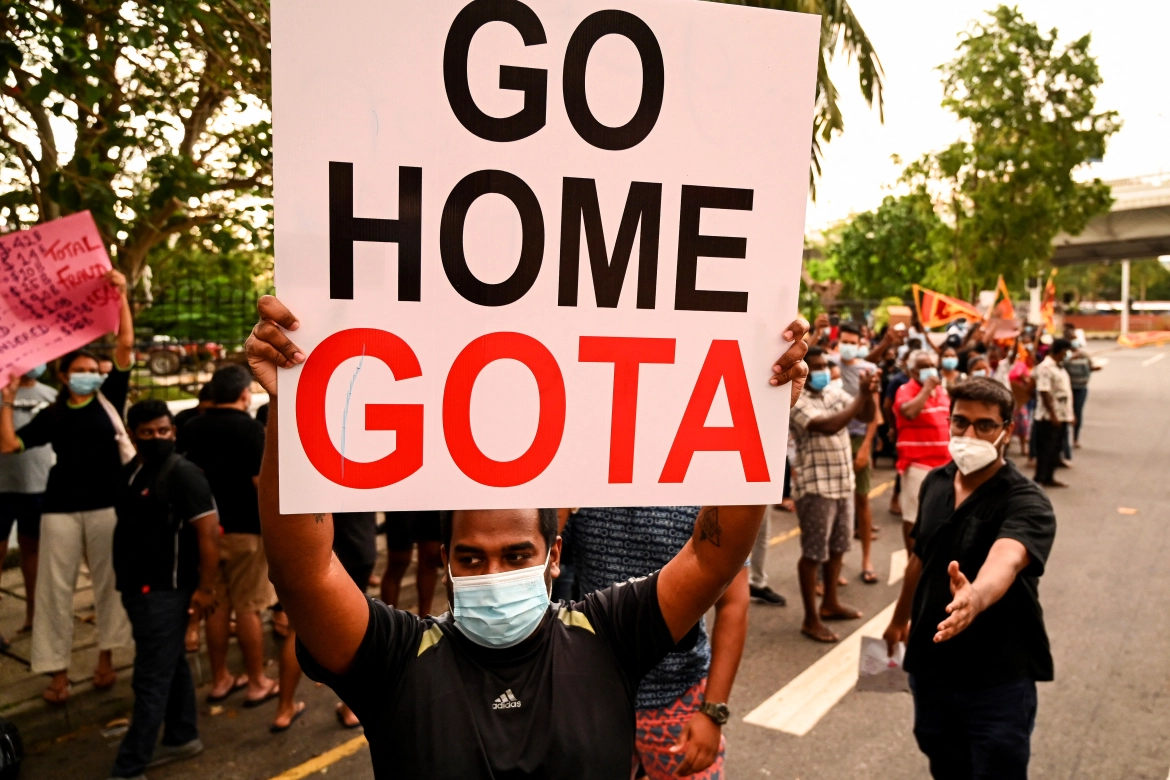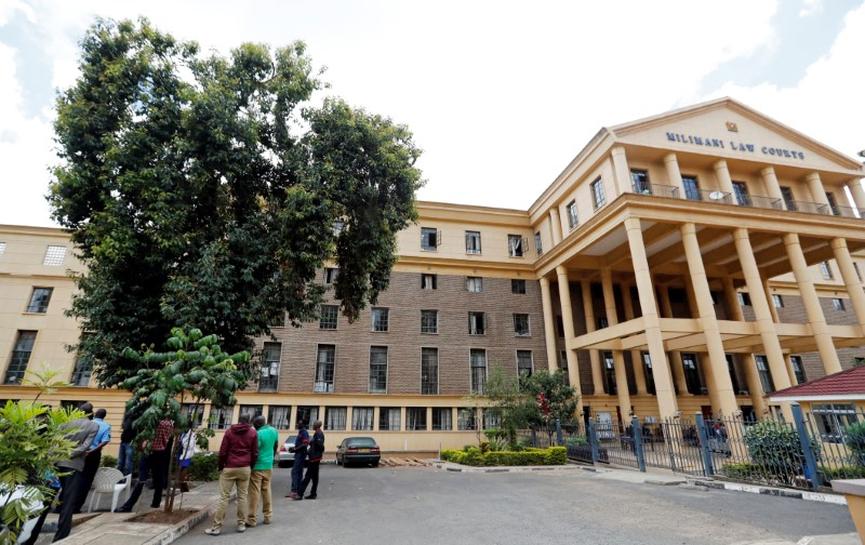Rights group: Taliban severely restricts media freedom in Afghanistan
![An Afghan journalist {Reuters]](https://liberties.aljazeera.com/resources/uploads/2021/10/1633429780.jpg)
An Afghan journalist {Reuters]
On Friday Human Rights Watch commented on the wide ranging restrictions imposed on media freedom in Afghanistan by the Taliban. According to Human Rights Watch the new restrictions are already stifling commentary and criticism in Afghanistan.
In late September the Taliban Ministry of Information and Culture distributed media regulations whose provisions are so broad and vague as to prohibit almost any critical reporting about the Taliban.
Taliban security forces have arbitrarily detained and beaten journalists over recent months. Human Rights Watch was told that the Taliban have taken at least 32 journalists into custody since they took power in Kabul on 15 August.
On September 6, the Taliban detained Murtaza Samadi, 21, a freelance photojournalist, while he was covering a protest. Samadi was released on 30 September.
The Taliban has previously promised to respect media that ‘respected Islamic values’.
The Taliban’s intelligence office has also summoned journalists and warned them that their reporting constituted “propaganda” and had to stop.
Speaking to Al Jazeera, Patricia Gossman, senior researcher on Afghanistan for Human Rights Watch, said that the new rules are suffocating media freedom in Afghanistan. She said allowing reporting that respected Islamic values ‘is a deliberately vague stipulation that allows the Taliban wide license to harass the media and prohibit free speech. What they really don’t want is criticism or challenges to their authority from the media.’
With regard to other conditions set by the Taliban Gossman said: ‘It basically seems to mean they don’t want any negative reporting–they really want the media to report their views.’
In Gossman’s view the creation of the new governmental governing body on the media means ‘they don’t want any negative reporting–they really want the media to report their views.’
- Most Viewed
- Most Popular


